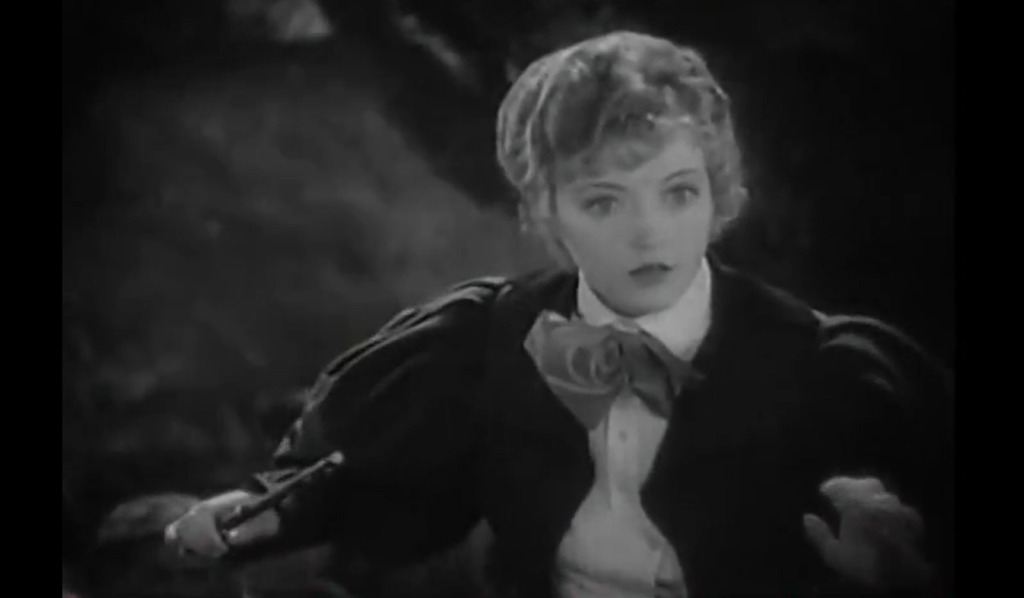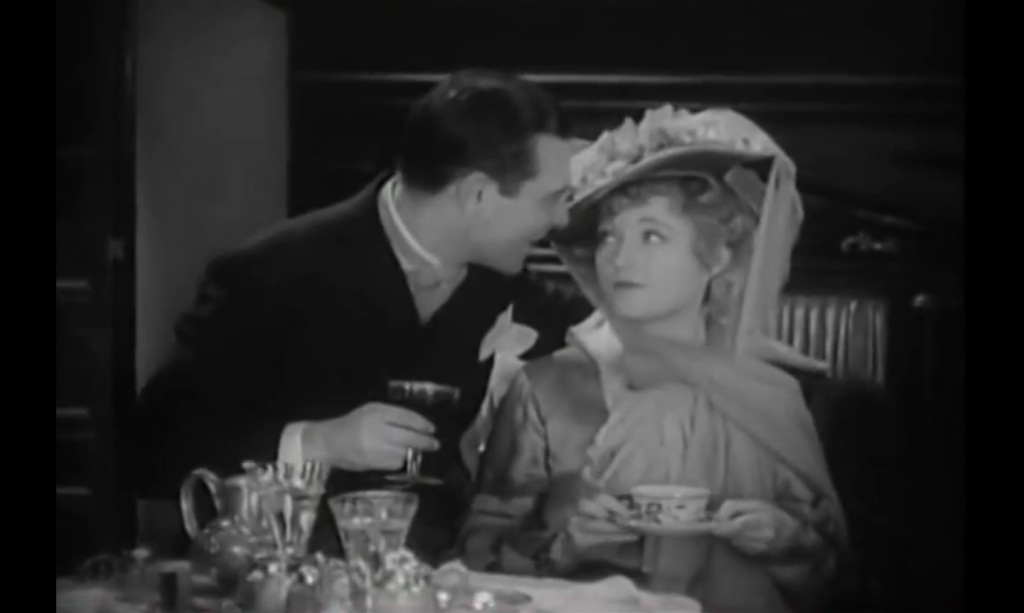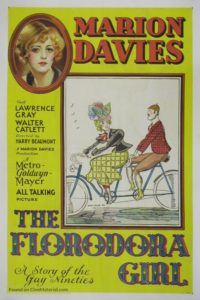|
Genres, Themes, Actors, and Directors:
- Cross-Class Romance
- Gold Diggers
- Marion Davies Films
- Musicals
- Showgirls
Review:
Marion Davies is primarily remembered today as William Randolph Hearst’s long-time lover, and for being the inspiration behind talentless opera singer Susan Alexander in 1941’s Citizen Kane. As many have noted, however, these unfortunate associations are a shame, given that Davies was actually an accomplished comedic actress who deserved much more recognition for her considerable talents. Film fanatics hoping to catch a glimpse of Davies at her comedic best need look no farther than this innocuous tale of cross-class romance, which doesn’t break much new ground plot-wise (boy meets girl, loses girl, wins girl back, loses girl, then… well, take a guess), but affords Davies multiple chances to show off her winsome charms: besides having her priorities set straight, Davies’ “Daisy Dell” (a fictional member of the musical “Floradora girls”) seems like a hoot to hang out with, primarily because she’s so willing to clown around in public and act like “just one of the guys”. One can only imagine how much fun Davies herself was at Hearst’s well-publicized celebrity bashes.
Note: The picnic scene in which Daisy “conducts” a group of singing men — and the ensuing scene in which she fakes being rescued while swimming — showcase Davies’ Lucille Ball-like talent with physical slapstick humor.

Redeeming Qualities and Moments:
- Marion Davies as Daisy Dell

Must See?
Yes, simply to see the sadly infamous Marion Davies in one of her best roles. Listed as a Personal Recommendation in the back of Peary’s book.
Categories
- Noteworthy Performance(s)
Links:
|



One thought on “Floradora Girl, The (1930)”
First viewing. Agreed: a must, but pretty much only for the rare chance to see Davies perform.
I’d actually never seen her before and (as stated) knew of her only by reputation.
Here, she’s encased in – and very much rises above – a chestnut which, yes, is not all that thrilling. Still, you want to watch because of her. Her approach is remarkably modern in many ways. The comparison to Lucille Ball is an interesting one – but I actually see much of our beloved Madeline Kahn in her.
For me, her most stunning moment – acting-wise – comes when she slowly but clearly believes that Gray intends little more than to make her a conquest.
Davies often appears to be acting in a completely different film than the rest of the cast. Which is not to say the rest are bad – many of them are rather competent. Davies, however, is more than competent.
And the script itself is not a total relic. A number of the jokes in it still work. (I like when Davies is told by a fellow ‘FG’ to not take one of their group seriously; after all, “She smokes cigarettes!”) But it’s true that there are no real surprises here…except the very pleasant one in Davies.